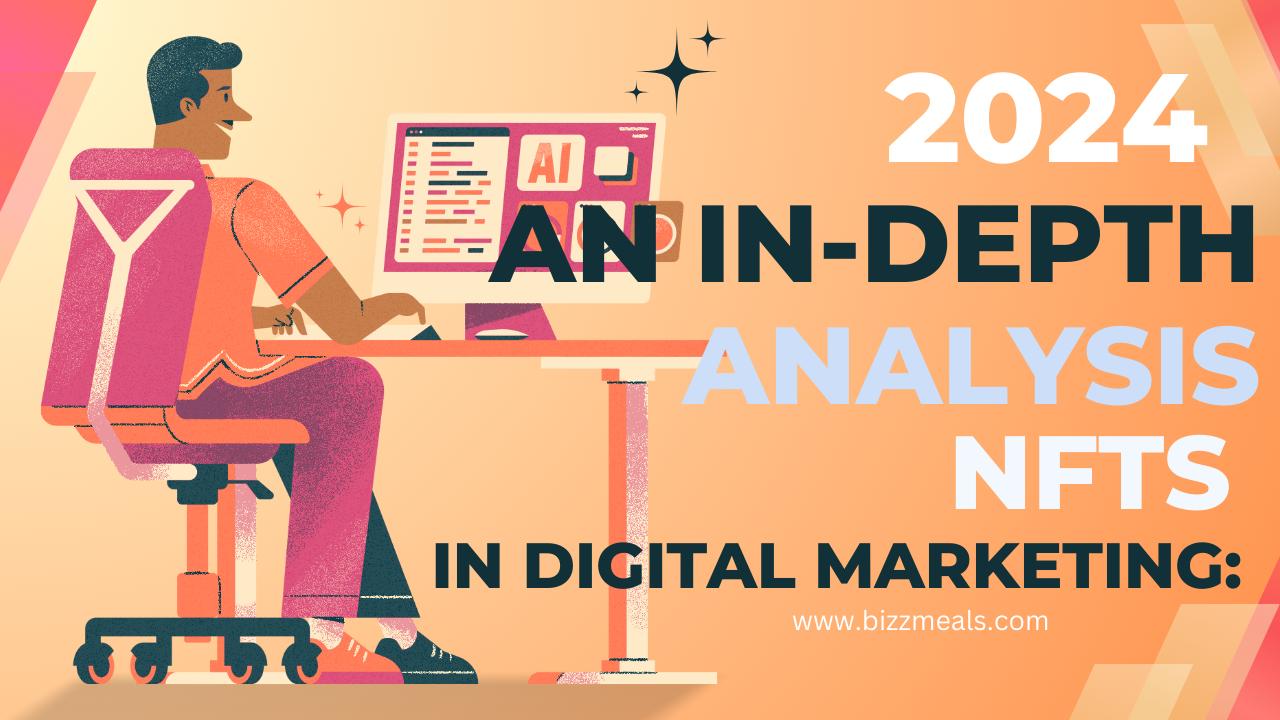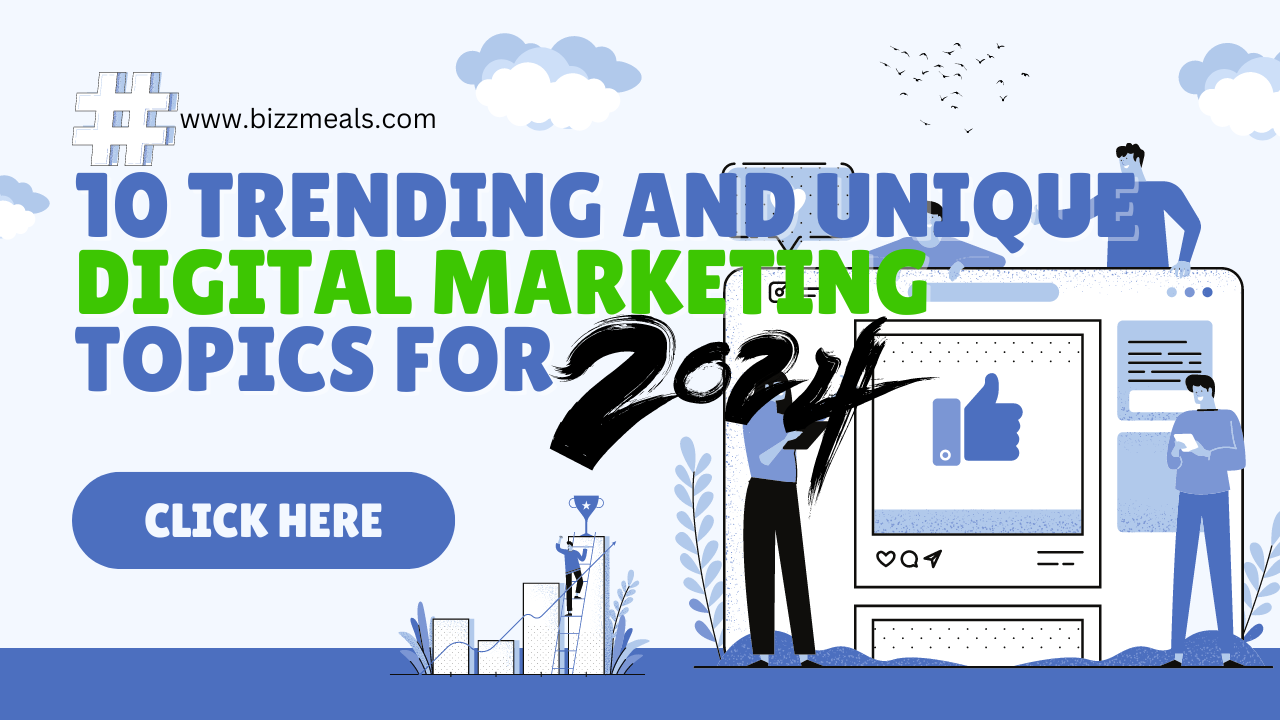Table of Contents
- Introduction
- Quick Summary
- The Rise of NFTs in Marketing
- Understanding NFTs
- What Are NFTs?
- How NFTs Work
- The Unique Characteristics of NFTs
- The Role of NFTs in Digital Marketing
- Enhancing Brand Engagement
- Creating Unique Consumer Experiences
- NFT as a Marketing Asset
- Case Studies of Successful NFT Campaigns
- Case Study 1: Coca-Cola’s NFT Campaign
- Case Study 2: NBA Top Shot
- Case Study 3: Taco Bell’s NFT Launch
- Key Takeaways from Each Case Study
- Implementing NFTs in Your Marketing Strategy
- Steps to Create an NFT Campaign
- Choosing the Right NFT Platform
- Measuring Success and ROI
- Pros and Cons of Using NFTs in Digital Marketing
- Advantages of NFTs
- Disadvantages of NFTs
- Balancing the Pros and Cons
- Future of NFTs in Digital Marketing
- Emerging Trends
- Predictions for 2025 and Beyond
- Conclusion: The Strategic Value of NFTs in Modern Marketing
- FAQ
1. Introduction
Quick Summary
Non-fungible tokens (NFTs) have emerged as a revolutionary force in digital marketing, providing brands with innovative ways to engage with their audience. By offering unique digital assets, NFTs open up new avenues for marketing strategies, allowing brands to create memorable experiences and build deeper connections with consumers. The Economic Times – Technology
The Rise of NFTs in Marketing
NFTs, or Non-Fungible Tokens, have transcended their initial role in the world of art and collectibles, making significant inroads into digital marketing. Their ability to offer unique, verifiable ownership of digital assets has captured the imagination of marketers, leading to a surge in creative and impactful campaigns. As the digital landscape continues to evolve, NFTs present a powerful tool for brands looking to differentiate themselves and create lasting impressions. Deccan Herald – Business
2. Understanding NFTs
What Are NFTs?
NFTs, or Non-Fungible Tokens, are unique digital assets verified using blockchain technology. Unlike cryptocurrencies such as Bitcoin or Ethereum, which are fungible and can be exchanged on a one-to-one basis, NFTs represent ownership of a specific item or piece of content. This uniqueness is what gives NFTs their value and appeal. Moneycontrol – Digital Marketing
How NFTs Work
NFTs are built on blockchain technology, which ensures that each token is distinct and cannot be replicated. The blockchain acts as a decentralized ledger, recording each transaction and verifying the ownership of NFTs. This transparency and security make NFTs particularly valuable for digital marketing, where authenticity and uniqueness are crucial. The Hindu Business Line – Technology
The Unique Characteristics of NFTs
NFTs are distinguished by their indivisibility and uniqueness. Each NFT has a unique identifier that sets it apart from other tokens, making it possible to prove ownership and authenticity. This characteristic is particularly useful for marketing campaigns that aim to offer exclusive digital content or experiences. Business Insider India – Technology
3. The Role of NFTs in Digital Marketing
Enhancing Brand Engagement
NFTs provide a novel way for brands to engage with their audience. By offering exclusive digital assets, brands can create unique experiences that resonate with their target market. For example, limited-edition NFTs can drive excitement and anticipation, encouraging fans to interact with the brand in new ways. Bangalore Mirror – Tech
Creating Unique Consumer Experiences
NFTs enable brands to offer personalized and exclusive experiences to their customers. For instance, a fashion brand might release NFTs that grant access to virtual fashion shows or behind-the-scenes content. This level of exclusivity can enhance the consumer experience and strengthen brand loyalty. Telugu Tech News
NFT as a Marketing Asset
NFTs can be used as part of a broader marketing strategy to achieve various objectives, from increasing brand visibility to driving sales. By integrating NFTs into their campaigns, brands can tap into the growing interest in digital collectibles and leverage the unique features of NFTs to stand out in a crowded market. Digital Marketing Institute – India
4. Case Studies of Successful NFT Campaigns
Case Study 1: Coca-Cola’s NFT Campaign
Coca-Cola’s NFT campaign demonstrated how brands can leverage NFTs to create buzz and engage with consumers. The campaign featured limited-edition NFTs that were auctioned off, with the proceeds going to charity. This approach not only generated significant media attention but also reinforced Coca-Cola’s commitment to social responsibility.
Case Study 2: NBA Top Shot
NBA Top Shot is a prime example of how NFTs can be used to create a new type of sports memorabilia. The platform allows fans to purchase, trade, and collect digital highlights from NBA games. This innovative use of NFTs has revolutionized the way sports fans engage with their favorite teams and players.
Case Study 3: Taco Bell’s NFT Launch
Taco Bell’s NFT launch featured a series of unique digital art pieces that were distributed as part of a promotional campaign. The campaign successfully generated excitement and drove traffic to Taco Bell’s digital platforms, showcasing the potential of NFTs to enhance brand visibility and engagement. Telugu Tech News
Key Takeaways from Each Case Study
Each case study highlights different aspects of NFT marketing, from charity initiatives to fan engagement and brand visibility. The common thread is the innovative use of NFTs to create unique and memorable experiences for consumers.
5. Implementing NFTs in Your Marketing Strategy
Steps to Create an NFT Campaign
- Define Objectives: Determine what you aim to achieve with your NFT campaign, whether it’s increasing brand awareness, driving sales, or engaging with a specific audience.
- Create Unique Content: Develop digital assets that resonate with your target audience and align with your brand’s identity.
- Choose an NFT Platform: Select a platform that supports the creation and sale of NFTs, such as OpenSea, Rarible, or Foundation.
- Promote Your NFTs: Use digital marketing channels to promote your NFT campaign and generate interest among potential buyers.
- Monitor and Evaluate: Track the performance of your campaign and analyze the results to measure success and ROI.
Choosing the Right NFT Platform
Selecting the right NFT platform is crucial for the success of your campaign. Consider factors such as the platform’s user base, fees, and the types of NFTs it supports. Popular platforms include OpenSea, Rarible, and Foundation, each offering unique features and benefits. Andhra Pradesh Chronicle
Measuring Success and ROI
To evaluate the success of your NFT campaign, track key metrics such as engagement rates, sales figures, and return on investment. Analyzing these metrics will help you understand the impact of your campaign and identify areas for improvement.
6. Pros and Cons of Using NFTs in Digital Marketing
Advantages of NFTs
- Unique and Verifiable: NFTs provide a way to offer exclusive, verifiable digital assets that can enhance brand engagement and loyalty.
- Innovative Marketing Tool: NFTs offer a fresh and innovative approach to digital marketing, helping brands stand out in a crowded market.
- Increased Revenue Opportunities: NFTs can create new revenue streams through the sale of digital assets and collectibles.
Disadvantages of NFTs
- High Volatility: The NFT market can be highly volatile, with prices fluctuating significantly based on demand and market trends.
- Environmental Concerns: The blockchain technology used for NFTs can have a high environmental impact due to energy-intensive processes.
- Complexity and Costs: Creating and managing NFTs can be complex and costly, requiring technical expertise and resources.
Balancing the Pros and Cons
While NFTs offer exciting opportunities for digital marketing, it’s essential to weigh the advantages and disadvantages. By understanding the potential risks and benefits, brands can make informed decisions and develop strategies that align with their goals and values. The Hindu Business Line – Technology
7. Future of NFTs in Digital Marketing
Emerging Trends
As the NFT market continues to evolve, several trends are emerging, including the integration of NFTs with augmented reality (AR) and virtual reality (VR) experiences. These advancements could further enhance how brands use NFTs to engage with their audience.
Predictions for 2025 and Beyond
Looking ahead, NFTs are expected to become more mainstream, with increased adoption across various industries. Brands that embrace this technology early on may gain a competitive advantage and set the stage for future innovation in digital marketing.
8. Conclusion: The Strategic Potential of NFTs in Marketing
NFTs represent a groundbreaking development in digital marketing, offering brands a unique opportunity to engage with their audience and create memorable experiences. By understanding the potential of NFTs and leveraging successful case studies, brands can harness this technology to achieve their marketing objectives and stand out in a competitive landscape.
9. FAQ
What are NFTs?
NFTs, or Non-Fungible Tokens, are unique digital assets verified using blockchain technology, representing ownership of a specific item or piece of content.
How can NFTs enhance digital marketing?
NFTs can enhance digital marketing by offering exclusive digital assets, creating unique consumer experiences, and providing innovative ways to engage with audiences.
What are some successful NFT marketing campaigns?
Successful NFT marketing campaigns include Coca-Cola’s charity auction, NBA Top Shot’s digital highlights, and Taco Bell’s digital art launch.
What are the pros and cons of using NFTs in marketing?
Pros include unique and verifiable assets, innovative marketing opportunities, and increased revenue potential. Cons include high volatility, environmental concerns, and complexity.
What is the future of NFTs in digital marketing?
The future of NFTs in digital marketing includes emerging trends such as integration with AR and VR and increased mainstream adoption.
- In 2024, Digital Marketing Continues to Evolve with Innovative Strategies and Technologies Shaping Brand Engagement
- The Future of Digital Marketing: Eco-Friendly Practices for a Greener 2024
- Enhancing Engagement with Interactive Content: Strategies and Trends for 2024
- The AI Revolution in Marketing: Personalization Strategies for 2024
- The Rise of Virtual Influencers: Navigating the Future of Digital Marketing with AI-Driven Personalities 2024




